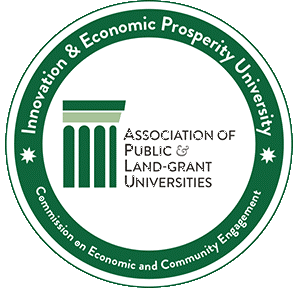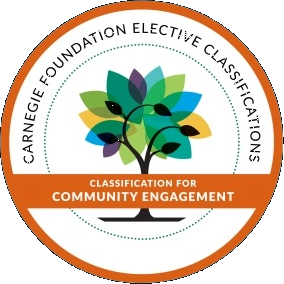Framework description: Providing inclusive content in the formal and informal curriculum by focusing on approaches for enhancing the use of inclusive content in the programs, courses, experiential experiences across all academic programs and in the social dimensions of the campus environment.
- Recruit diverse participants into educational programming by using a wide range of communications channels and seeking scholarships for participation as needed
- Include a diverse set of presenters and speakers
- Employ culturally responsive pedagogies
- Focus some sessions on diversity, equity, and inclusion; power and privilege; and cross-cultural understanding, as those concepts relate to respectful and ethical community engagement practice
- Transition curricular materials (e.g., readings (both authors and content), case studies, images) to reflect a fuller range of human experiences and perspectives, including traditional DEI categories such as race, class, ethnicity, gender, socio-economic status, disability, veteran status and community engagement categories such as theoretical and disciplinary perspectives, types of community engagement, career pathways in engagement, and geographies
- Establish learning environments that emphasize respect through ground rules, where disrespectful attitudes and behaviors will not be tolerated and are addressed appropriately to ensure a safe learning environment for all learners
- Invite participants from diverse experiences and perspectives to serve on advisory boards and provide input into decisions about educational programming
- Evaluate how well UOE’s educational programming meets DEI goals (as well as learning goals)









